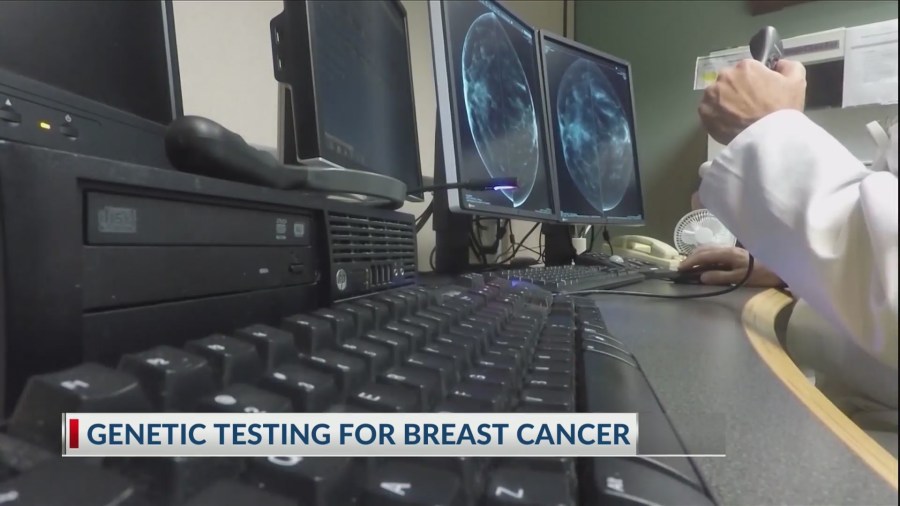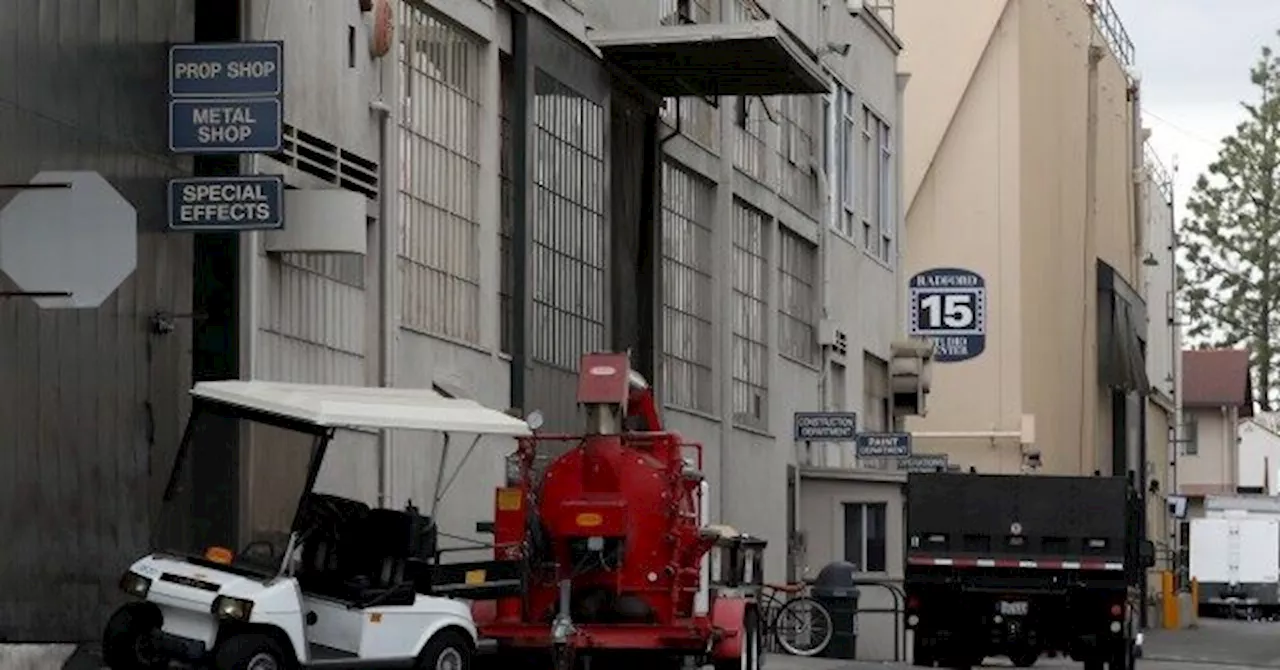
A diagnosis of breast cancer can dramatically alter the lives of patients and their families, but genetic testing is emerging as a proactive strategy to combat the disease. According to Dr. Leonard Henry, medical director of the Lewis Cancer Research Pavilion in Savannah, Georgia, understanding genetic mutations can empower individuals to take decisive steps in their health management.
There are 13 identified gene mutations associated with breast cancer, and testing can provide critical insights into one’s risk profile. “Most people come to us who have cancer or have a family history of cancer,” Dr. Henry explained. The process typically begins with a consultation to evaluate family history and determine the appropriateness of genetic counseling.
The significance of genetic testing cannot be understated. Dr. Henry noted that approximately 12-15% of cancer patients carry mutations that predispose them to various cancers. “It’s not just one cancer that it predisposes people to,” he emphasized, highlighting the need for comprehensive screening beyond the most commonly associated cancers.
Many individuals who learn they carry mutations, such as the well-known BRCA1, choose to undergo prophylactic surgery, which boasts an effectiveness rate of 90-95% in reducing cancer risk. Additional preventative options include enhanced screening protocols, medication, and lifestyle changes.
Elyse Molstad, a resident of Savannah, chose to undergo prophylactic surgery after a family history of breast cancer. “You get to play offense, while the people in your family had to play defense,” she reflected, sharing her personal journey with the disease. Molstad lost her grandmother to breast cancer when she was just 13, and her mother also succumbed to the illness.
Recognizing the potential risks due to her family history, her sister was tested for the BRCA1 mutation and received a negative result. Unfortunately, Elyse was not as fortunate. “I say that I flunked a mammogram, and it was so scary,” she recounted. Subsequent genetic testing confirmed she was positive for BRCA1, placing her at an elevated risk for additional cancers, including ovarian and pancreatic cancer.
Dr. Henry elaborated on the implications of BRCA1 mutations, stating that while the risk for breast cancer is significant, ovarian cancer presents further challenges due to the difficulty in screening. Many women who test positive choose to have their ovaries removed to reduce their cancer risk as they complete childbearing.
“My goal was to stop the fear, be brave, and be a trailblazer for my sisters,” Molstad said, expressing her desire to change her family’s narrative. She has since become an advocate for breast cancer awareness, volunteering with organizations dedicated to the cause and even performing stand-up comedy to raise funds for local research initiatives.
Dr. Henry and his colleagues emphasize the importance of breast self-awareness. “Women should be familiar with how their breasts are shaped and how they feel, so they are able to identify any changes that can happen,” he advised.
For those interested in learning more about breast health and self-examinations, resources such as WSAV’s Buddy Check 3 Program provide valuable information and support. As genetic testing continues to evolve, it offers hope and empowerment to those navigating the complexities of breast cancer.






